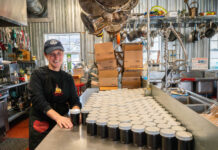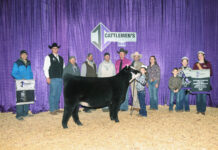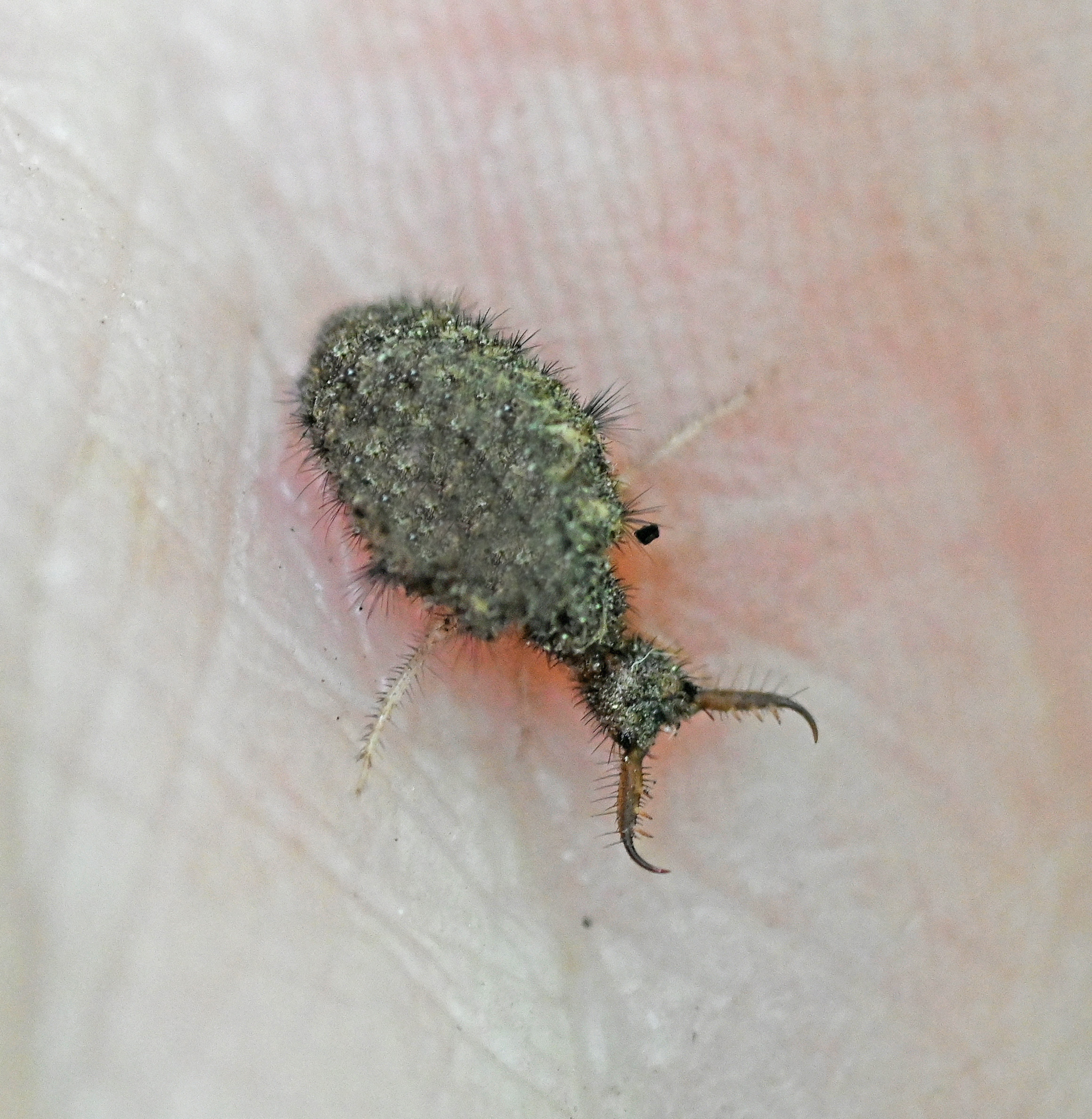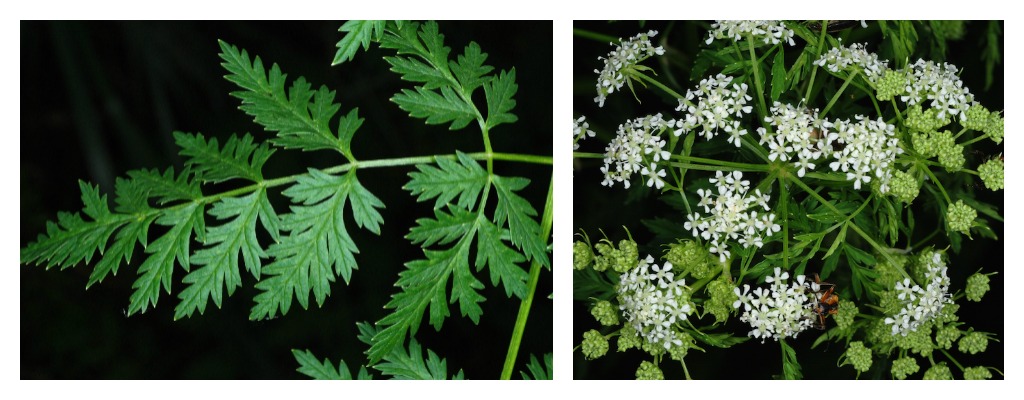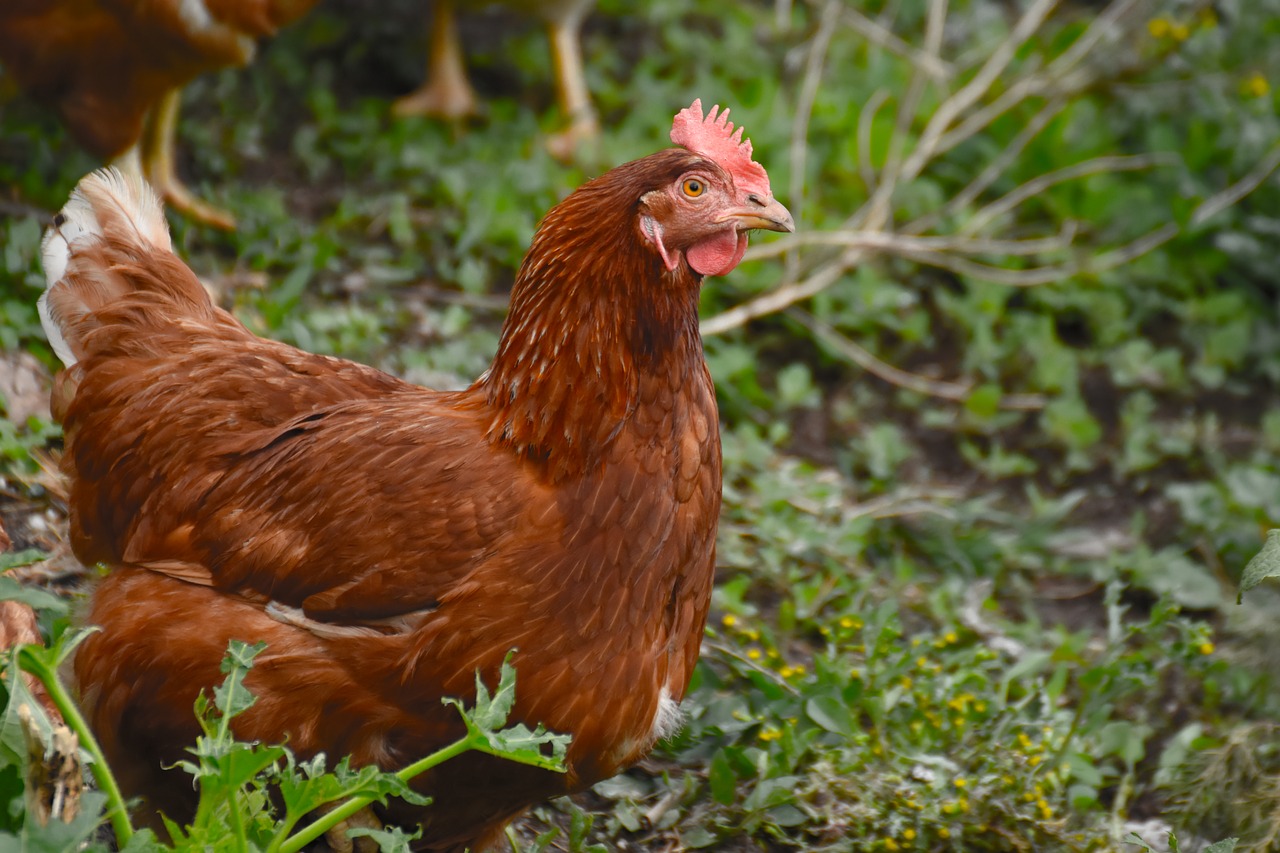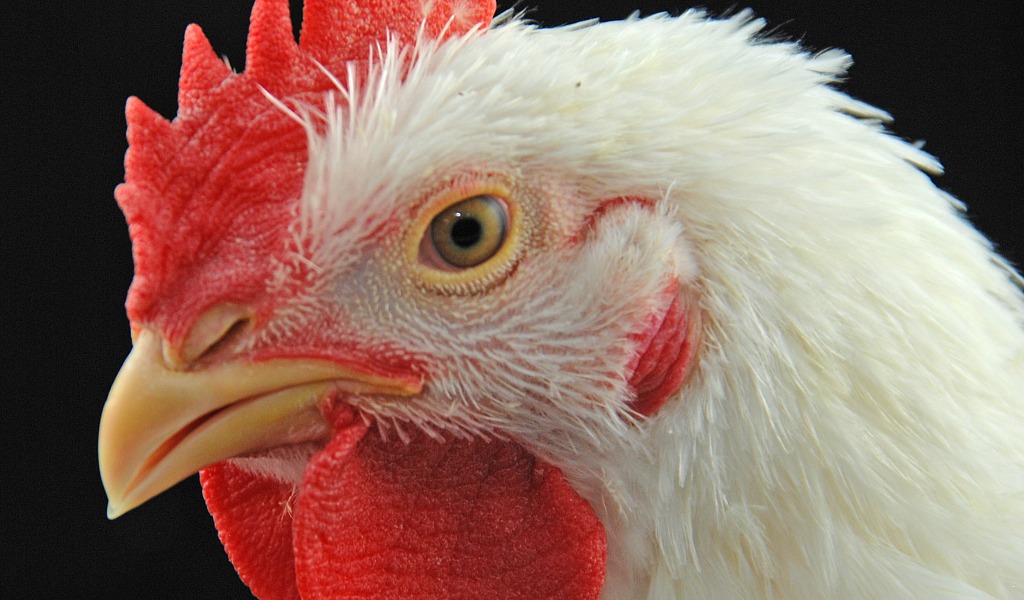Search Results for "egg plant"
News Results 32 of 147 pages
View the Harrisburg falcons’ courtship on FalconCam
Technology upgrades to the FalconCam allow followers to watch the falcons in high definition, with more camera angle options and infrared nighttime viewing.
Eggnog Safe to Drink if Pasteurized or Cooked
Eggnog is a favorite holiday drink for many people, but because it can be made with raw eggs, today we are discussing if its safe.
Hmm, how about a tasty catburger?
While the nation’s farmers leap into spring planting, this office is reluctantly digging through the winter drifts of stories gone undone.
Antlion: Hear him roar!
Tami Gingrich spotlights the unique lifecycle of antlions, highlighting their unique larvae hunting strategy.
How to identify poisonous plants
Poison hemlock is not the only plant that you should be on the lookout for. Jimsonweed, pokeweed and black locust are potentially poisonous to livestock.
ODA issues final permits to Ohio Fresh Eggs for Croton Egg Farm
The Ohio Department of Agriculture issued four final permits to install and nine final permits to operate to Ohio Fresh Eggs for the Croton Egg Farm facilities.
The farmer’s shadow in your fields
Crop scouting needs to begin before the crop is planted and continue throughout the growing season.
How to reduce risk of Salmonella from backyard chickens
While owning a backyard flock can be a rewarding experience, owners should be aware of safe handling practices to decrease Salmonella exposure.
Second Tennessee flock found with bird flu
The USDA’s APHIS has confirmed a second case of highly pathogenic H7N9 avian influenza, or bird flu, in a commercial breeder flock in Lincoln County, Tennessee
Eating Roundup Ready soybeans had no ill effects on soil animals
Small soil animals fed genetically modified soybeans showed no difference in health or reproductive ability from those fed conventional soybeans, according to research studies done at Michigan State University.
